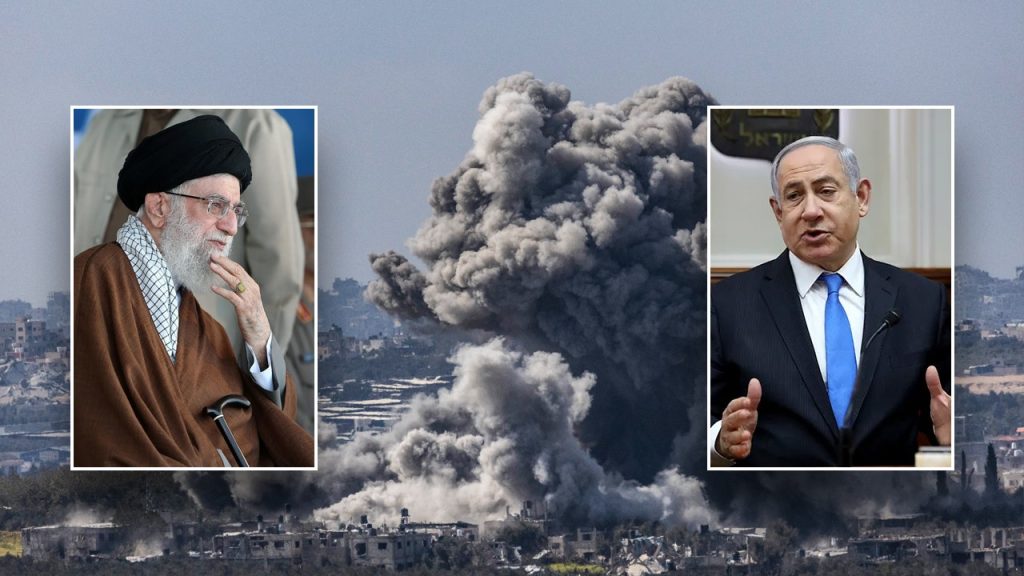Experts believe that a war between Iran and Israel would not benefit anyone in the region, as it would potentially draw in regional forces that would prefer to stay out of the conflict. Iran is concerned that Israel’s diplomatic and security relationships with Arab states like Saudi Arabia, the Emirates, and others could lead to their involvement in a larger conflict. The recent attack by Israel on an Iranian consulate in Damascus has heightened tensions, with Tehran threatening retaliation. The United States has been in communication with Israeli counterparts to ensure readiness for potential attacks from Iran.
Former IDF spokesman Jonathan Conricus believes that it would not be smart for Iran to attack Israel, as it would shift focus away from other conflicts in the region and onto Iran’s negative activities. General Jack Keane of the Institute for the Study of War also believes that Iran does not really want escalation and would likely pursue a measured response. He suggests that the best way to handle Iran is to destroy its IRGC assets in Iran, as Iran relies heavily on its drone and missile arsenal. Iran’s proxy groups, such as Hezbollah in Lebanon, play a significant role in Iran’s ability to wage war and maintain some distance in its response.
Experts agree that a ground war would be a significant concern for both Israel and Iran, as this would involve not only missiles and drones but also ground operations. Iran’s axis of resistance, along with the Revolutionary Guard Corps, could pose a serious threat to Israel’s security in such a scenario. Bill Roggio, founder of “The Long War Journal,” emphasizes Iran’s reliance on proxy groups to wage war and suggests that Iran and Israel are already at war through these proxies. He believes that Arab states like Saudi Arabia and Egypt are unlikely to support Israel in a conflict with Iran due to their own concerns about Iranian attacks.
There are concerns about the involvement of Russia and China in a potential conflict between Iran and Israel. Both countries have vested political and diplomatic interests in Iran and have strengthened their bonds with the country. It is unclear how Russia and China might support Iran in a conflict, but their involvement could potentially keep the conflict “hot.” The experts believe that while Iran may have improved its capabilities in coordinating drone and missile attacks, a long, all-out war is not foreseen. Iran’s strategic patience and reluctance to escalate may shape the outcome of any potential conflict with Israel.
Overall, experts caution that a war between Iran and Israel would have significant implications for the region, potentially drawing in other forces and escalating tensions. While Iran has threatened retaliation against Israel for recent attacks, there is speculation that Iran may not want to escalate the conflict. The involvement of proxy groups, diplomatic relationships, and geopolitical interests all play a role in determining how a potential conflict between Iran and Israel could unfold.


